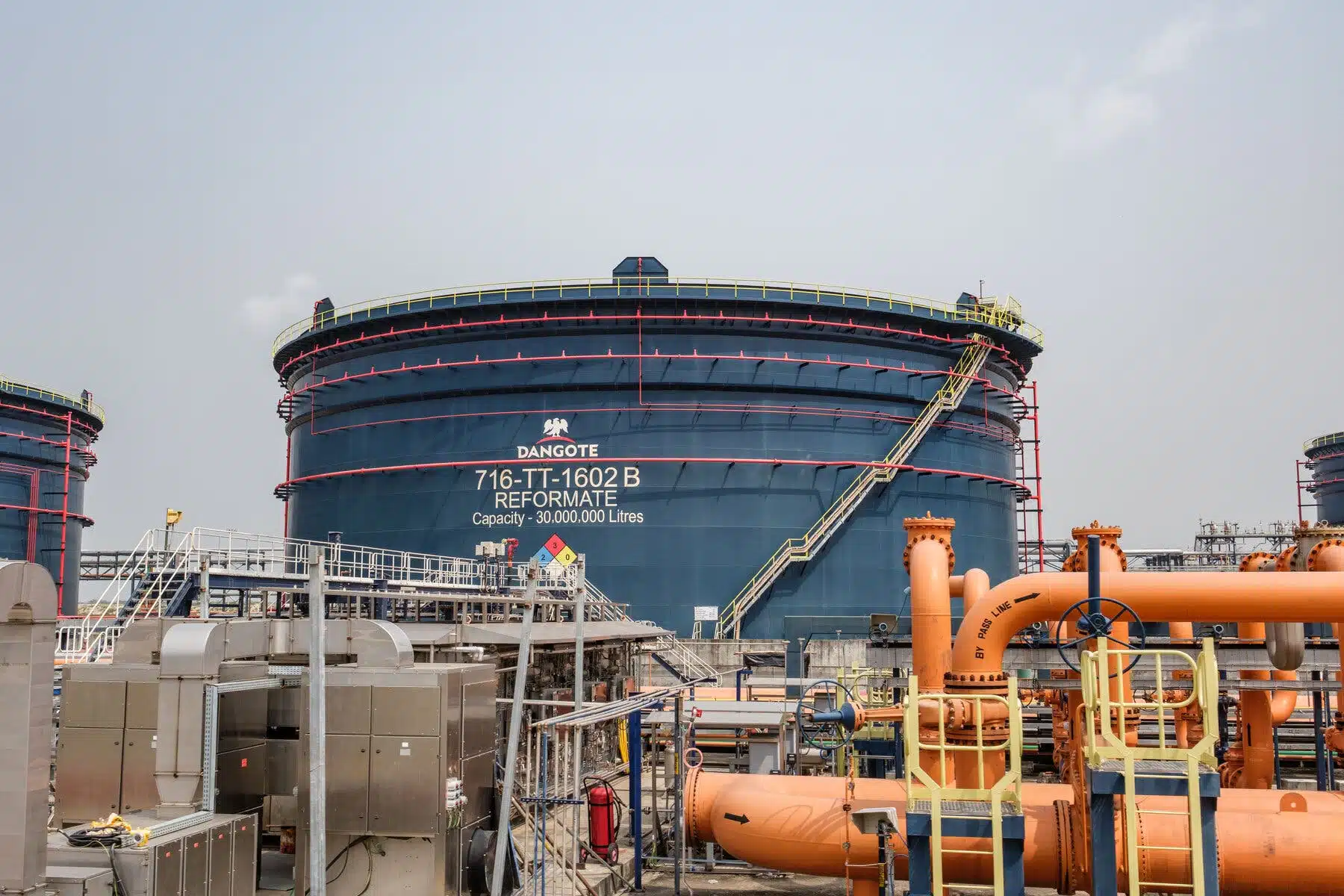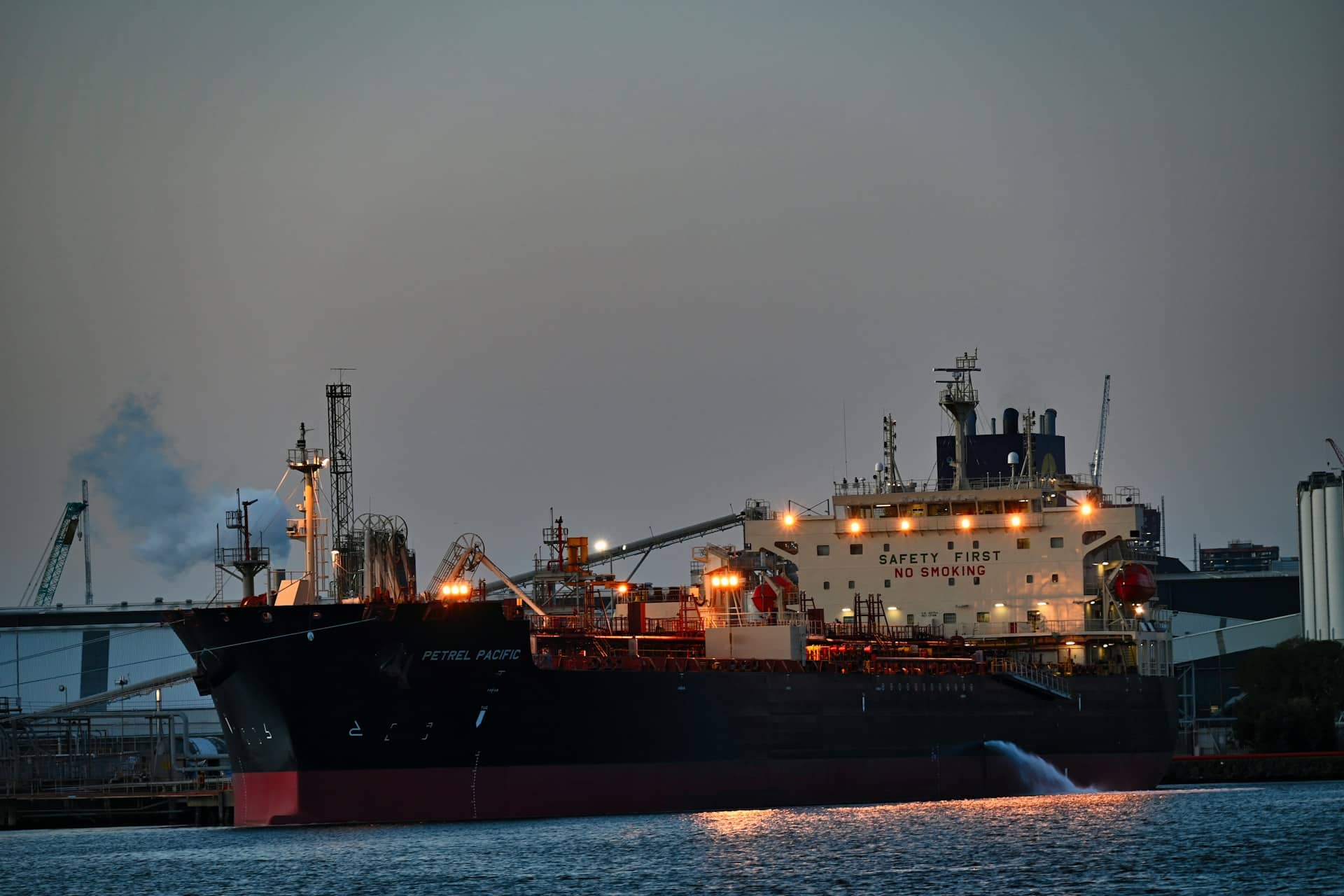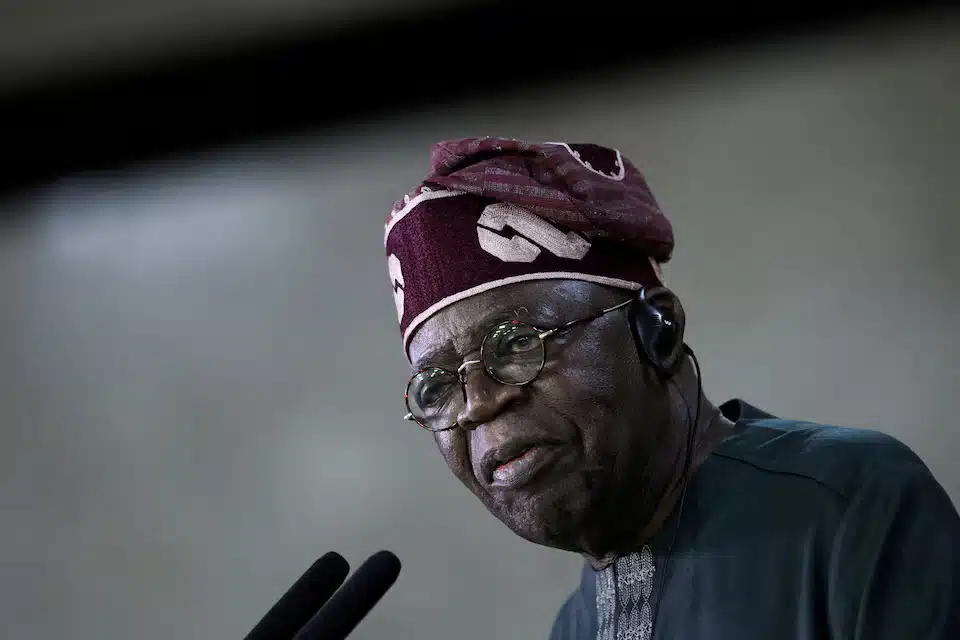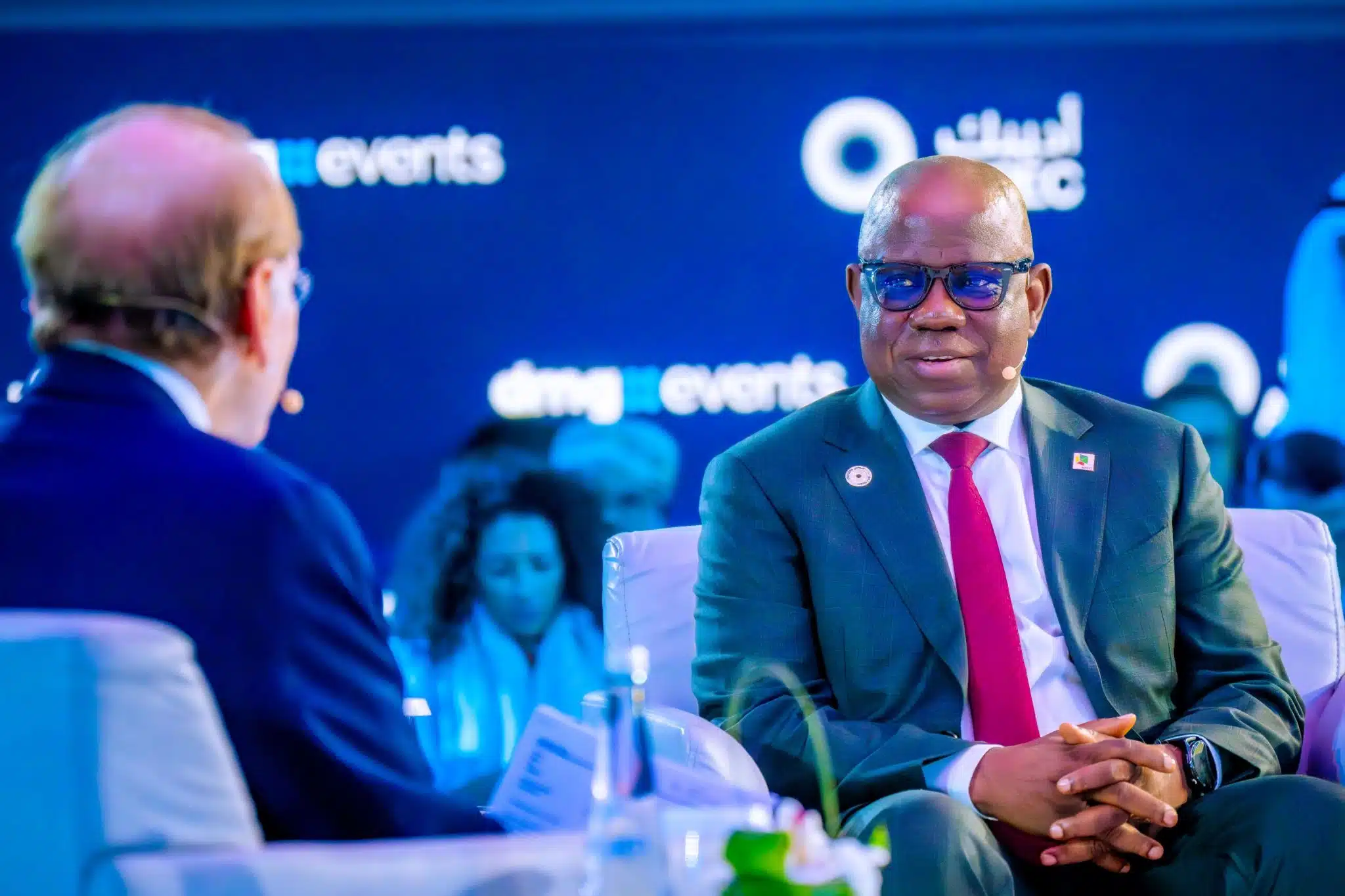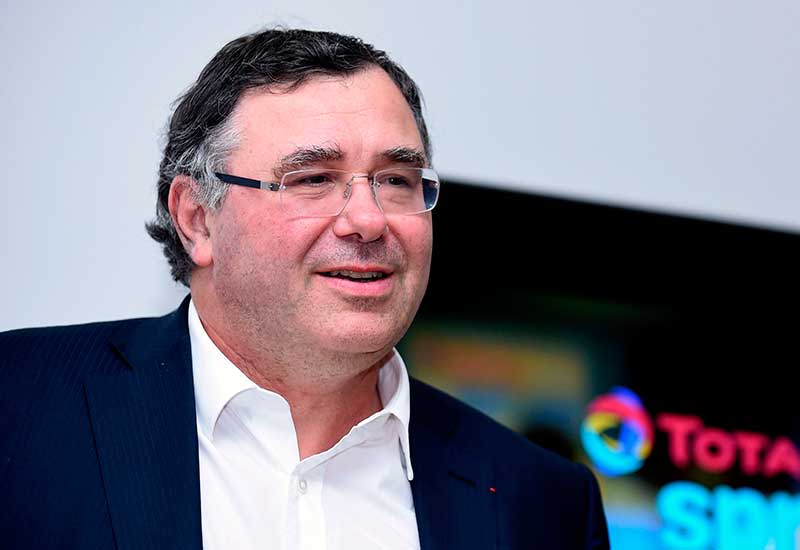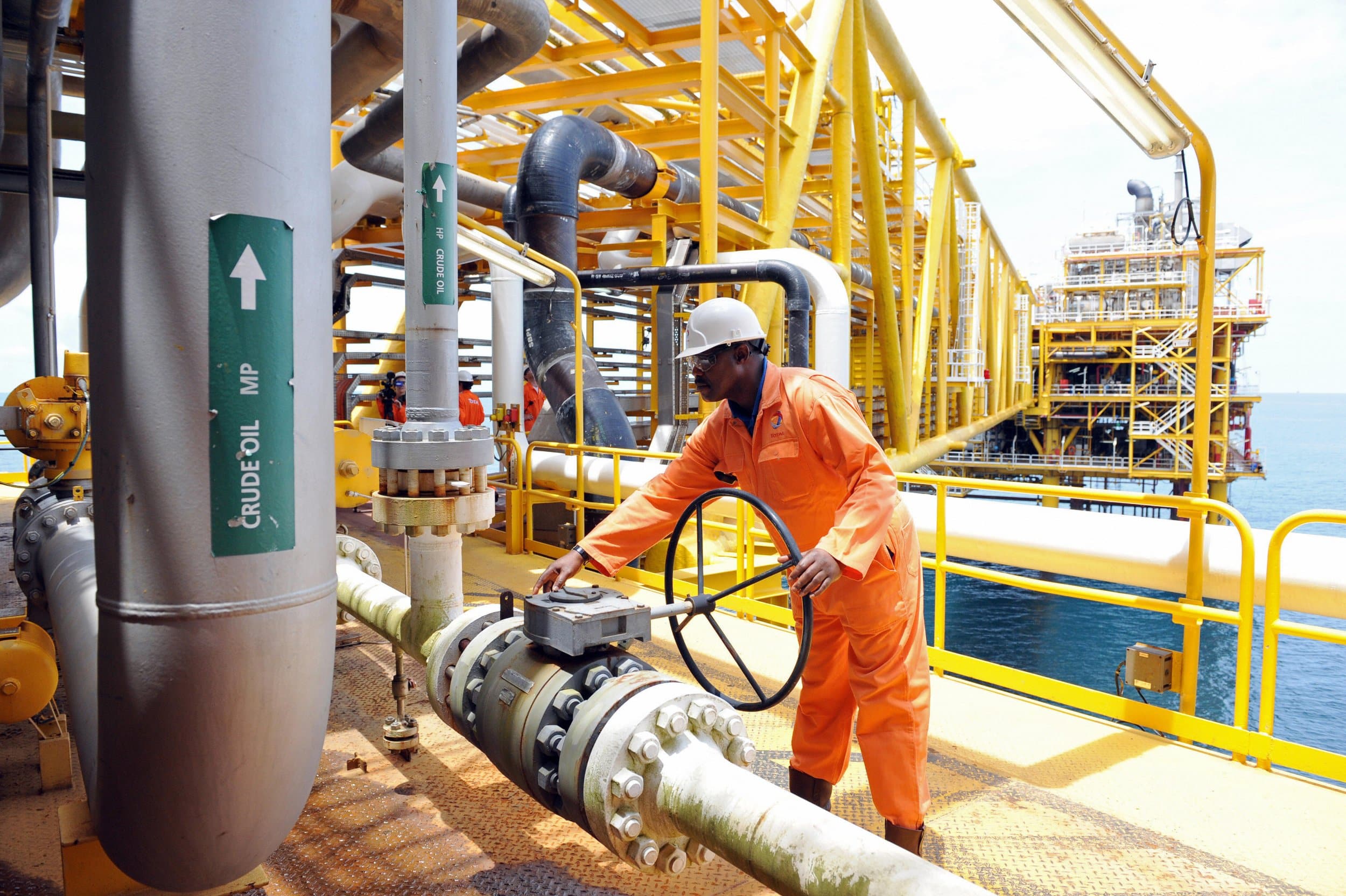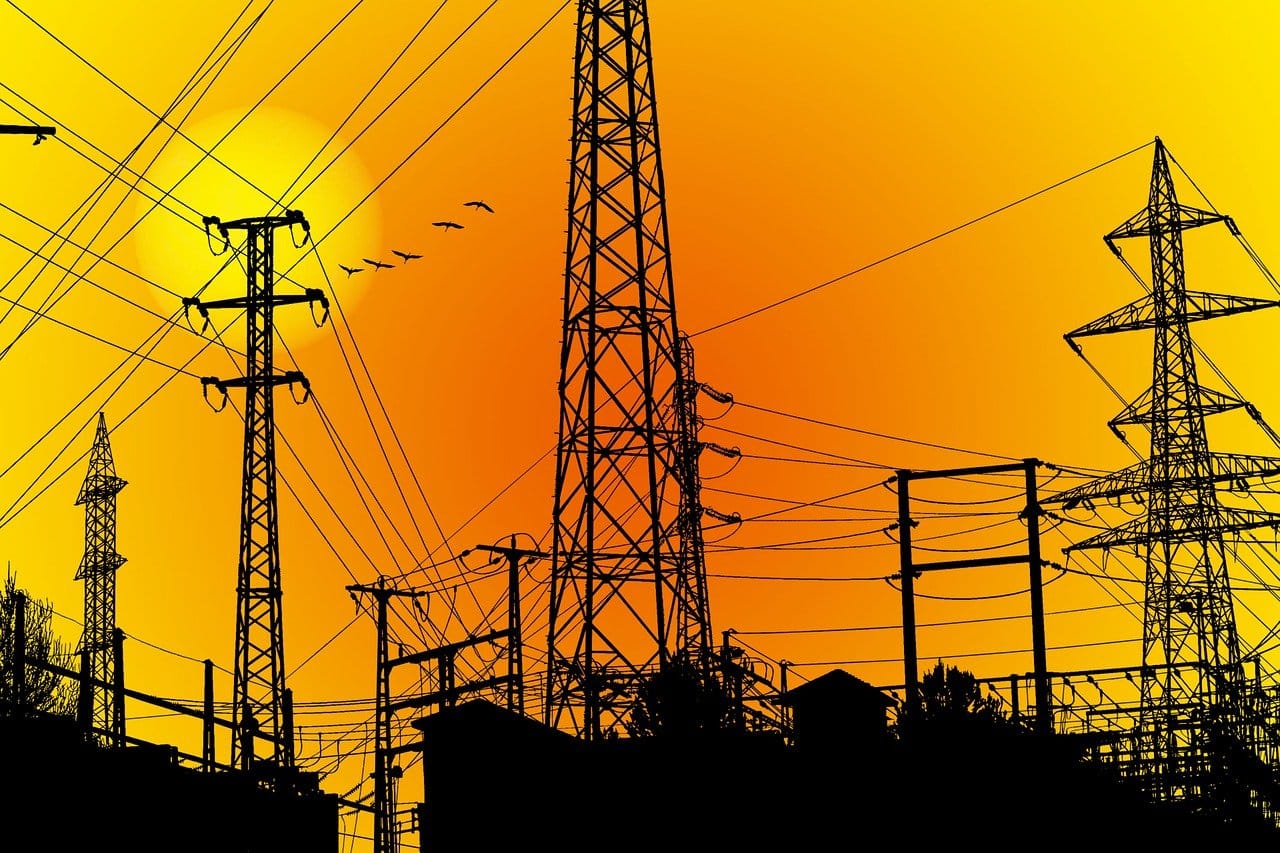The Africa Energy Bank (AEB), with an initial capitalization requirement of $5 billion, has received significant financial commitments from several African nations.
Nearly half of the capital funding required from African Petroleum Producers Organization (APPO) member states has been secured, with three countries leading the way.
Together, they have contributed $249 million, accounting for about 44% of the total expected capital.
Their financial commitment highlights a strong push to strengthen Africa’s oil and gas sector and reinforce APPO’s role in shaping regional energy policies.
The Secretary-General of the African Petroleum Producers Organization (APPO), Dr. Omar Farouk Ibrahim, confirmed this development at the inaugural Congo Energy & Investment Forum (CEIF) held in Brazzaville last week.
Countries that have fulfilled their capital contributions:
- Nigeria
- Angola
- Ghana
In addition to these contributions, five other APPO member countries—Algeria, Benin, the Republic of Congo, Equatorial Guinea, and Ivory Coast—have pledged to make their respective payments.
Each of the 18 APPO member states is expected to contribute $83 million as their share towards the bank’s capitalization, a position that was unanimously adopted by APPO’s Council of Ministers.
Beyond the APPO member states, other African nations, including South Africa, have indicated interest in participating in the AEB. The bank also aims to secure additional funding from various sources, such as Gulf states, international banks, and sovereign wealth funds, to meet its capitalization goals.
The Africa Energy Bank (AEB) is designed to finance oil and gas projects across Africa in the face of waning Western financial support for fossil fuel development due to environmental concerns.
APPO Secretary-General says this shift has forced African nations to look inward and think of ways to sustain their energy sector, hence the need of the Africa Energy Bank.
The bank is a strategic initiative of and is backed by APPO in partnership with the African Export-Import Bank (Afreximbank), one of the largest credit facilities in Africa.
In June 2024, both institutions signed the bank’s establishment documents in Cairo, Egypt, marking a decisive step toward launching the financial facility.
The facility aims to become Africa’s leading energy-focused financial institution, mobilizing private sector investment to develop oil and gas projects, amidst rising demand for energy.
Africa holds substantial fossil fuel resources, including 125 billion barrels of proven crude oil reserves and over 650 trillion cubic feet (TCF) of natural gas
The continent’s natural gas are increasingly being sought after by China (as its Australian imports wanes), European nations, and even Iraq of late. However, the continent faces a severe funding gap, struggling to meet growing foreign demand while over 600 million Africans still lack electricity access.
The AEB headquarters will be located in Abuja, Nigeria, with operations now set to commence by June 2025, after missing its initial Q1 2025 launch deadline.
In February 2024, Nigeria’s Minister of State for Petroleum Resources (Oil), Heineken Lokpobiri, confirmed that the AEB headquarters building was completed and undergoing final preparations.
At the time, he stated that the bank was expected to be operational by March 2025, but the timeline has now been extended.
With 44% of the $5 billion initial capital raised so far, the Africa Energy Bank is coasting closer to its dream of being a crucial financier of the continent’s oil, gas, and energy infrastructure, ensuring long-term energy security and economic growth.



